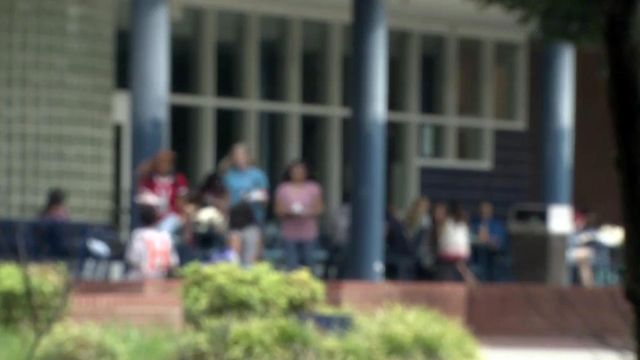Wake schools hope diversity training for teachers heads off racial tensions in halls
Racial tensions reached the boiling point in several Wake County schools last school year, so school leaders are trying get get out in front of the issue this year to address concerns.
Posted — UpdatedMillbrook High School Principal Dana King said she stumbled across a tweet sent by one of her students on a Saturday night over the summer that used derogatory language to describe women.
"(It was) not exactly over the top, but edgy," King said.
When upset parents began calling her, she said, her first inclination was to let it slide. But she and every other principal in the Wake County Public School System had recently completed a two-day diversity training course, and she changed her mind.
"I thought, 'No, I can’t. I have to address it,'" she said. "I called the student and said, 'Do you realize what your tweet just did?' He was horrified, and he’s a senior and had no idea the repercussions of his words. He said, 'I’ll take it down immediately, and I will apologize,' and he did."
The personal touch quickly defused the tension, King said, adding that she learned a valuable lesson she hopes to carry through the rest of the school year.
As part of that, Millbrook High has hired a full-time social worker to address some of the cultural, non-academic concerns.
King said she hopes that her efforts to address diversity, inclusion and tolerance trickle down to faculty, staff and students.
"I try to be aware of my own cultural biases and try to figure out what's real and what's not real as far as student academic needs," she said.
• Credits
Copyright 2024 by Capitol Broadcasting Company. All rights reserved. This material may not be published, broadcast, rewritten or redistributed.






